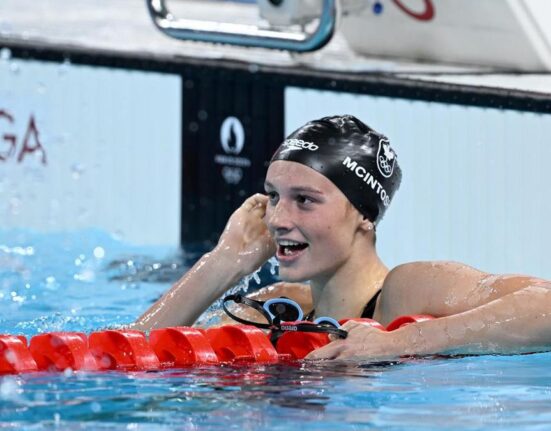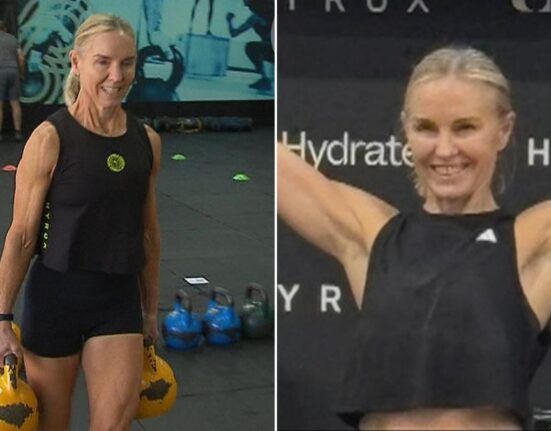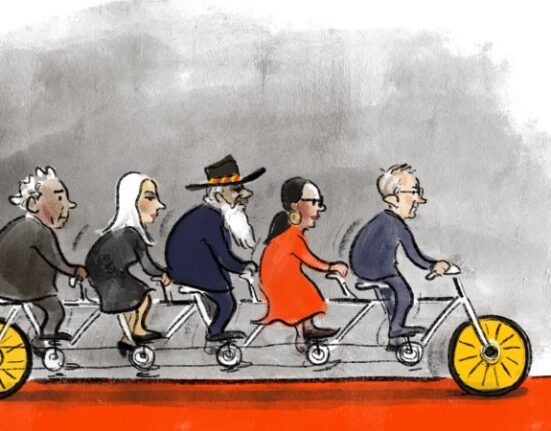As Aussies struggle to make ends meet, major charities are sounding the alarm on the wastage of essential goods by big companies. A recent report by Good360 reveals that Australia discards a staggering $4.5 billion worth of new, unsold items annually, including vital products like hygiene items, clothing, and homewares. Despite the rising cost of living putting pressure on young families, personal hygiene products, cleaning supplies, and infant essentials are among the fastest-growing categories in this nearly $5 billion waste pile. In the past three years alone, the wastage of these critical items has surged by 33%, highlighting the pressing need to address this issue.
One of the organizations advocating for a redirection of these goods is Little Wings, which partners with Good360 to support seriously ill children and their families in rural and regional areas. Clare Pearson, the CEO of Little Wings, emphasizes the dire need for these resources among families facing the challenges of caring for sick children. She laments the fact that usable goods are being discarded while families are left to cope without necessary support, especially in the aftermath of recent severe weather events that have exacerbated their struggles.
Pearson underscores the profound impact that donated items have on these families, not only providing essential supplies but also offering emotional comfort and moments of joy amidst difficult circumstances. She highlights how small gestures, such as gifting a teddy bear or a doll to a child battling cancer, can make a significant difference in their treatment journey. These acts of kindness not only alleviate practical needs but also serve as sources of solace and distraction during trying times.
The scale of wasted unsold retail goods in Australia has continued to escalate, with a 17% increase since 2021, reaching a staggering $2.9 billion, in addition to another $1.5 billion from online shopping returns. Deloitte Access Economics’ research underscores the urgency of addressing this issue and finding sustainable solutions to minimize wastage while meeting the needs of vulnerable communities. Good360 plays a crucial role in this process by redistributing surplus goods to charities in need through their innovative technology marketplace.
Alison Covington, the founder and managing director of Good360 Australia, emphasizes the growing disparity between escalating waste levels and record-high demands for essential goods among charities. She stresses the importance of efficiently allocating resources to ensure that charities receive precisely what they require to support their beneficiaries effectively. Covington’s insights shed light on the challenges faced by charitable organizations in meeting the escalating needs of their communities while grappling with limited resources and increasing demand.
Despite Good360’s decade-long efforts to address this issue, Covington acknowledges that waste continues to rise unabated, underscoring the persistent nature of the challenge. She calls for collective action and increased community engagement to tackle this issue collaboratively, emphasizing the transformative impact that redirecting surplus goods can have on those in need. By mobilizing support and resources from across society, Covington believes that it is possible to create a more equitable distribution system that prevents valuable goods from going to waste while benefiting those who require assistance the most.
In conclusion, the plea from charities to companies to halt the wastage of unsold goods resonates as a call for greater social responsibility and compassion towards vulnerable communities. The juxtaposition of discarded essentials against the backdrop of families struggling to access basic necessities serves as a poignant reminder of the disparities that exist within society. By reevaluating consumption patterns, fostering collaboration between businesses and charities, and promoting a culture of mindful resource allocation, we can work towards a more sustainable and equitable future where no family has to face adversity with an empty tank.









Leave feedback about this